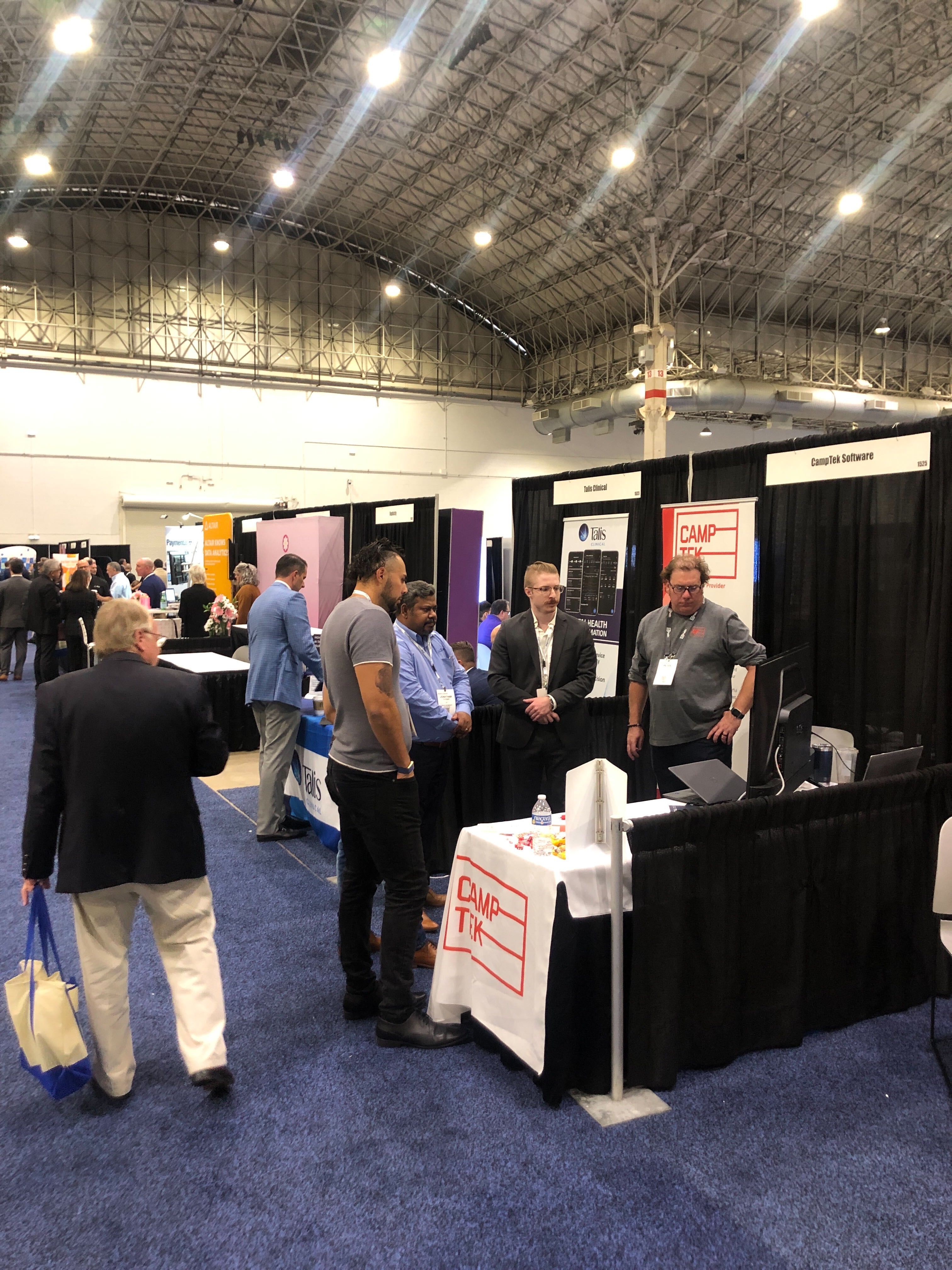RPA *is* an Enterprise Platform
You read that right. Robotic Process Automation (RPA) in the present tense now offers capabilities that far exceed its early iterations of scripting, screen scraping and scheduled jobs. I know some others in the industry will disagree that RPA in its true sense is not an enterprise platform. I respectfully disagree. Several years ago, industry experts made the distinction between RPA and Intelligent Process Automation (IPA) which, in my view, only added to the confusion.
Currently the term “RPA” has much more name recognition than “IPA”. New and existing customers of the technology generally refer to “RPA” when in a literal sense it’s “IPA”. It is my thought that the concept of RPA is not static but is rather something that is evolving and will continue to improve over time.
As I have written before, one of the greatest boosts for the RPA space was coining the term “RPA” to describe what I and others had been building for years before it. Without something to call it, there really wasn’t an effective way to describe what the software program was doing. I have always looked at RPA as an entire suite of tools. Initially it was activities that clicked buttons and typed data into applications. After that Orchestration brought scale to the management and monitoring of the bots on Virtual Machines. Now we are in a stage where the next set of activities are mature, work reliability and can bring enormous outcomes and ROI within a small amount of time.

-3.jpg)

%20(1).png)
-1.png)
%20(2).png)

